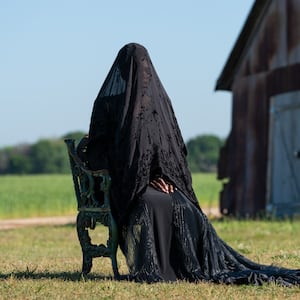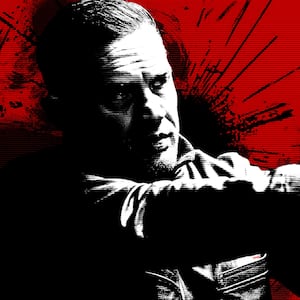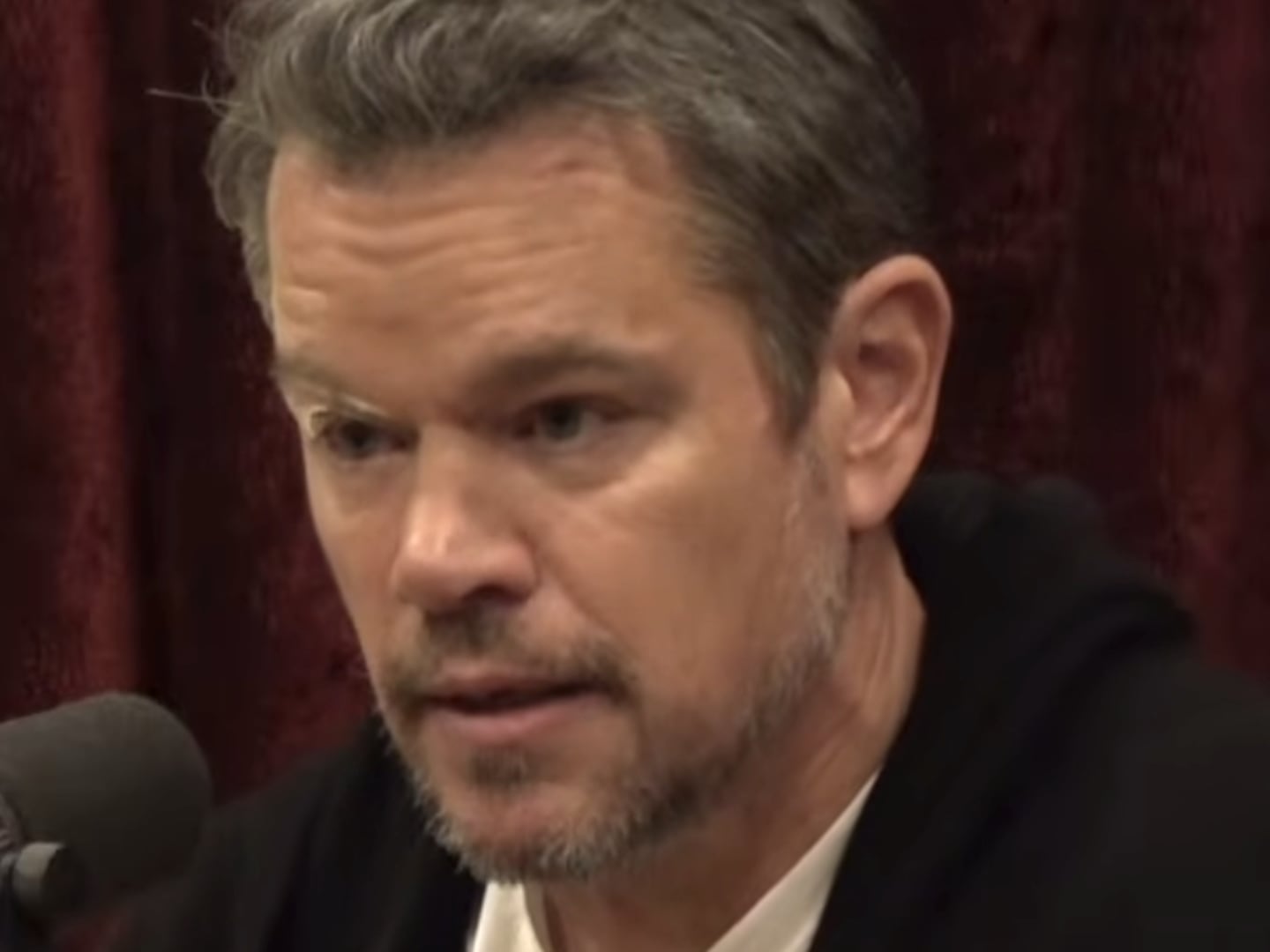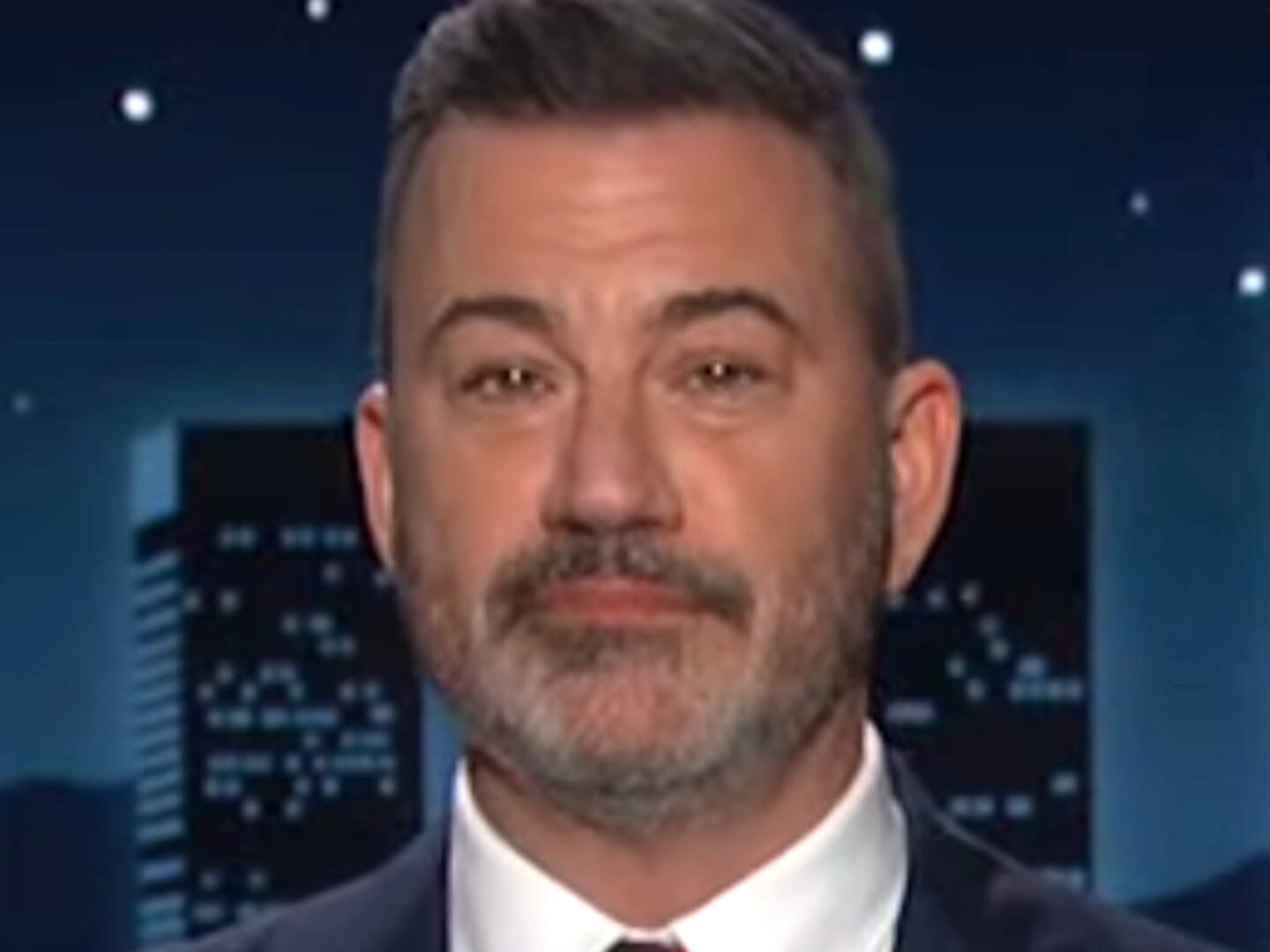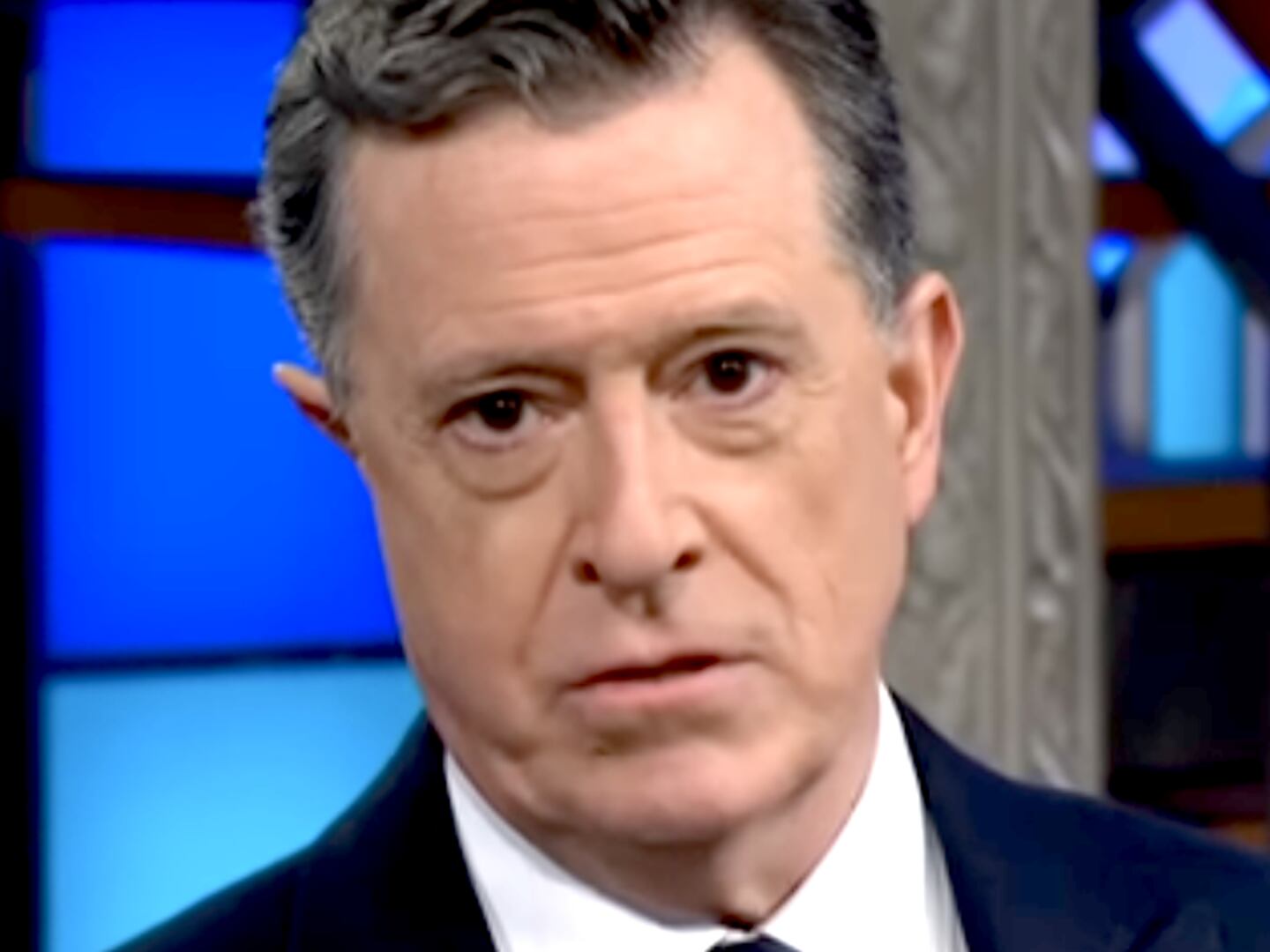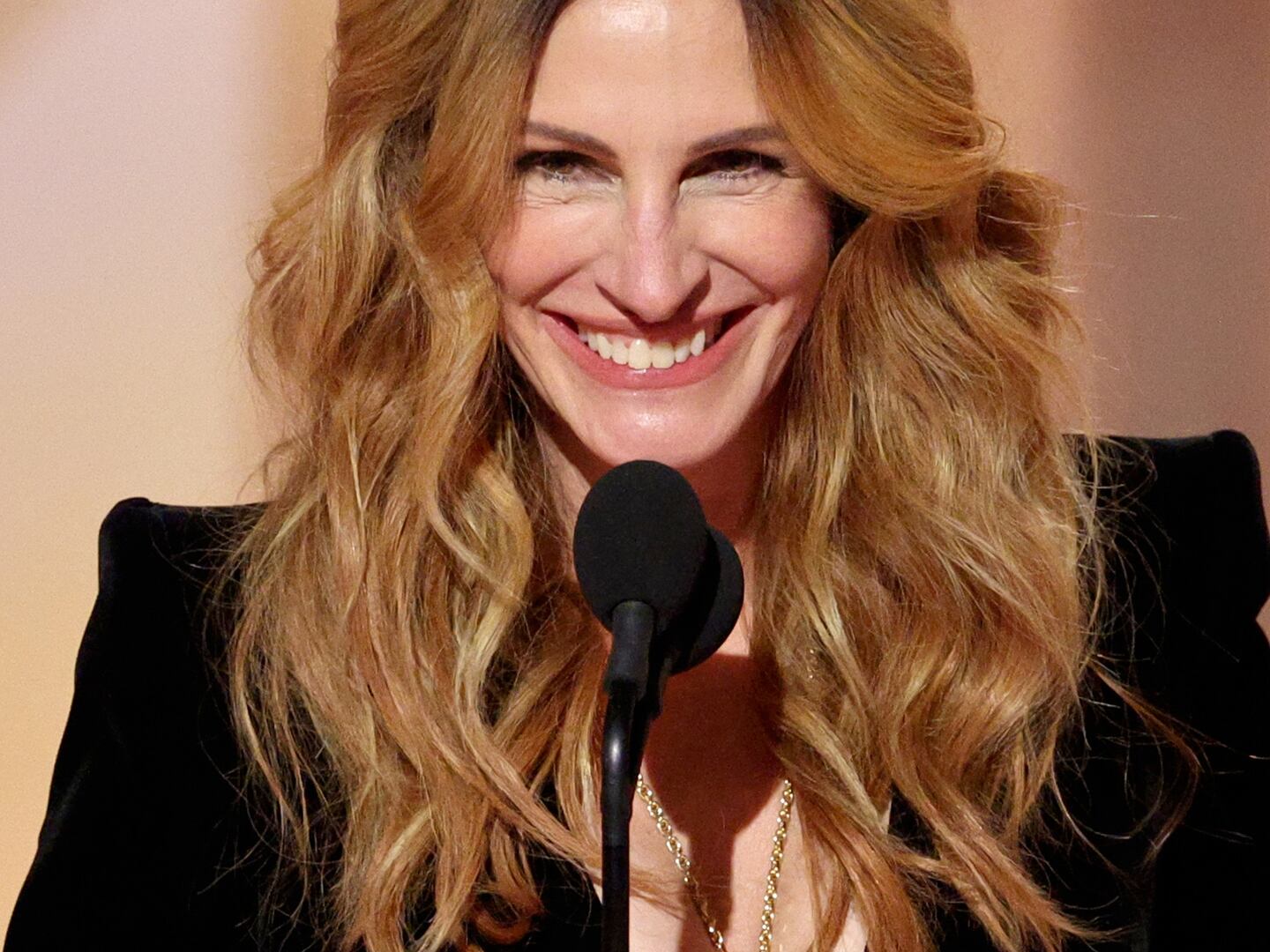Kevin Bacon rises from the dead to take down demons—both his own, and those from the underworld—in The Bondsman, a cheeky action-horror-comedy elevated by its headliner’s divine charisma.
As a bounty hunter with a life in shambles and a sin weighing upon his soul, Bacon embarks on an unholy mission in Grainger David’s Prime Video series which premieres Apr. 3. In the show, Bacon is begrudgingly doing the Devil’s work so he can remain in the land of the living and, consequently, strive to reunite with his estranged loved ones.
A lark infused with more than a bit of Ash vs Evil Dead’s sly spirit, it’s a solid vehicle for the preternaturally charming Bacon, getting its goofy-gory job done with the same sort of efficiency and ramshackle energy that its hero brings to his Faustian gig.
In the fictional town of Landry, Georgia, bail bondsman Hub Halloran (Bacon) attempts to apprehend a target at a motel, only to be blindsided by the man’s brother, who promptly slits his throat.
This should be the end of Hub, but for reasons he doesn’t initially understand, he awakens inside the motel’s walls. Busting free, he comes across Tater (Mike Kaye), who was hired by the killers to torch the building (and, with it, Hub’s body). Determined to get to the bottom of this madness, Hub stuffs Tater into a car trunk, duct tapes his mouth shut, and then duct tapes the gaping ear-to-ear wound in his own neck, from which his cigarette smoke eerily escapes. In no time at all, that injury has healed, and the sole physical remnants of his slaying and resurrection are claw marks on his left forearm.

Hub quickly deduces that his assassination was ordered by Lucky Callahan (Damon Herriman), a reformed mobster from Massachusetts and the owner of local honky-tonk The Boxcar, where Hub and his ex-wife Maryanne (Jennifer Nettles) used to perform before she left him and shacked up—along with her teenage son Cade (Maxwell Jenkins)—with Lucky.
Unsurprisingly, Lucky is not happy to discover that Hub is still walking around, whereas Maryanne just wants him to sign papers so she can take Cade to Nashville to kickstart the boy’s music career. Before dealing with either, however, Hub visits his mom Kitty (Beth Grant), who founded their bail bonds business and with whom he lives in the house next door to their office. There, he begins figuring out how to exact revenge against Lucky, although he’s pestered by endless voicemails from a company called Pot O’ Gold that wants to talk to him about his new employment.
Upon locating his would-be killers, everyone is attacked by Pastor Ron (Dave Macomber), whose eyes glow red and whose strength is superhuman. As it turns out, the man of the cloth has been slain, and then possessed, by one of the many demons that periodically break out of Hell, and Hub has now been enlisted to track these rogue fiends down on behalf of Beelzebub.
This is all explained to him and Kitty by Midge (Jolene Purdy), who works for the Prince of Darkness, gives Hub a manual, and notes that he’ll be on the clock until his services are no longer required by the man below, at which point he’ll assume his fated resting place on the shores of the lake of fire. With no option except eternal suffering, Hub accepts his assignment, all as he denies knowing why he was damned in the first place.

The cause of Hub’s predicament is The Bondsman’s big mystery, and creator/showrunner David intermittently teases it while sending Hub on missions to dispatch biblical adversaries whose true nature is visible to Hub but can otherwise only be perceived in mirrors.
The series’ baddies are a generic crimson-eyed bunch, and Hub’s skirmishes against them are occasionally too rushed and underwhelming to generate giddy thrills. Part of this is due to the fact that each episode runs under 30 minutes; simply put, there isn’t always enough time for the proceedings to properly deliver horror, comedy, and action.
Nonetheless, directors Thor Freudenthal, Sanaa Hamri, Catriona McKenzie, and Lauren Wolkstein keep things cartoonishly lively via an array of E.C. Comics-style canted angles and a few striking tableaus, the best of which features a shirtless, blood-stained Hub thrusting a chainsaw through an enemy’s flaming face.
With a beard of grizzled white stubble and a, ahem, devil-may-care attitude, Bacon makes for a fantastic indentured Satanic servant, vacillating between fighting the undead and trying to make amends with Maryanne and Cade—the latter of which requires opening their eyes to Lucky’s homicidal sleaziness.
The Bondsman intermittently prioritizes Hub’s familial issues over his diabolical crises, yet it never dawdles on tiresome or superfluous concerns, and it fleshes out its conceit with style, highlighted by a chapter primarily focused on Midge’s backstory. Furthermore, despite Lucky’s tepidness—having proven on Justified that he’s capable of colorful villainy, Herriman seems restrained throughout—Nettles is a bright and tough presence, and Grant is terrific as Hub’s loyal and gung-ho mom, who isn’t afraid to join in the gruesome fun.
The Bondsman builds toward a revelation about the demons’ ulterior motive for escaping their fiery prison, which gives its later episodes an additional degree of urgency. From the start, though, David’s series is consistently light on its feet, refusing to bog down in ponderous Satanic mythology or elaborate conspiratorial plotting.

Bacon gets to sing a couple of duets with Nettles, suffer all sorts of physical punishment, and strut and sneer his way through confrontations with Lucifer’s minions, his turn finely attuned to the material’s semi-serious tone. He’s the main attraction of this apocalyptic affair, confirming for the umpteenth time that he’s a performer of amazing dexterity, as comfortable expressing grim torment as he is at being clownish and confused.
Predictably, Hub’s quest leads to questions about salvation, but The Bondsman cares less about theological debates than flaming corpses and fatal headshots—and is all the better for it. Entertainingly profane and absurd, it’s a breezy saga about diabolical deeds, dirty hands, and the damnable deals struck in order to get the things—both virtuous and shameful—we want.



